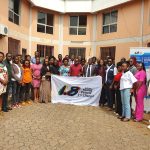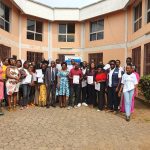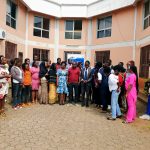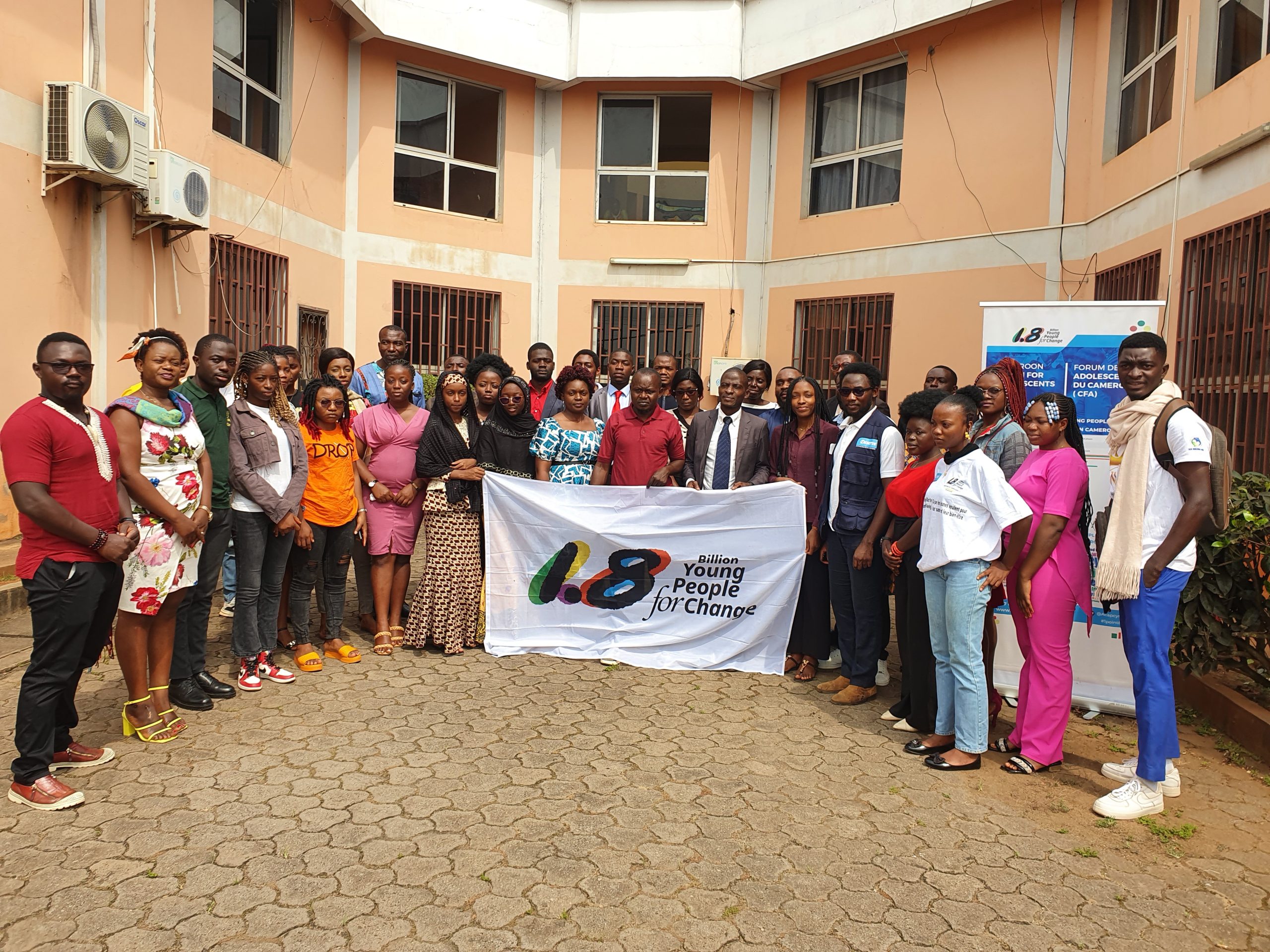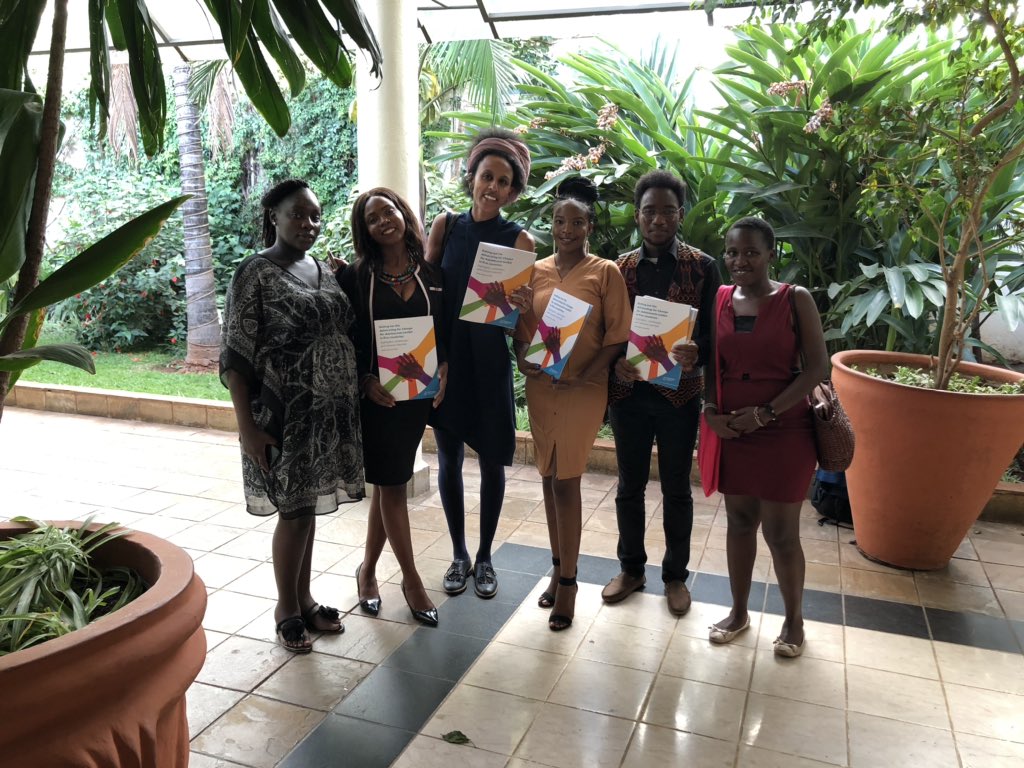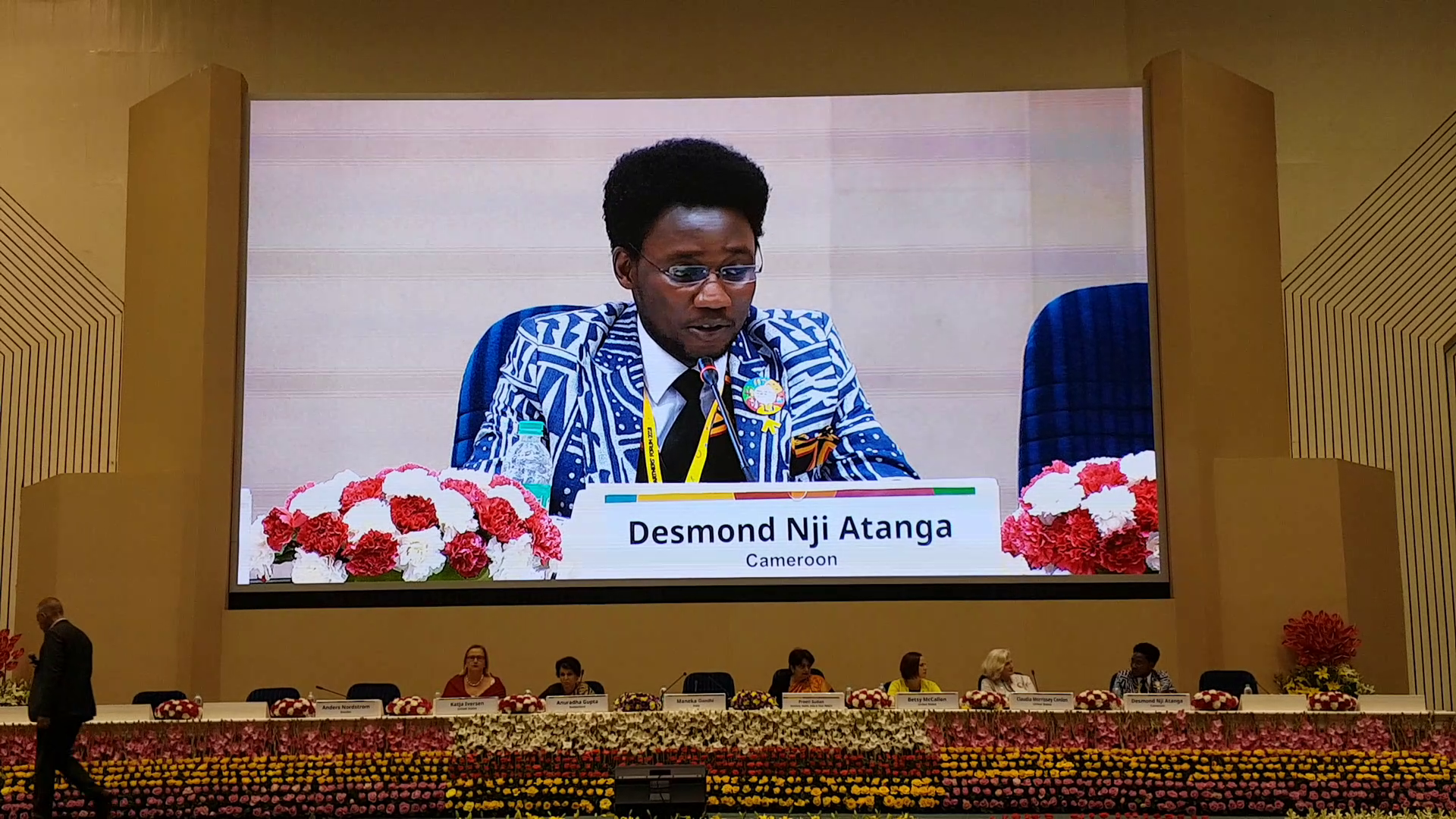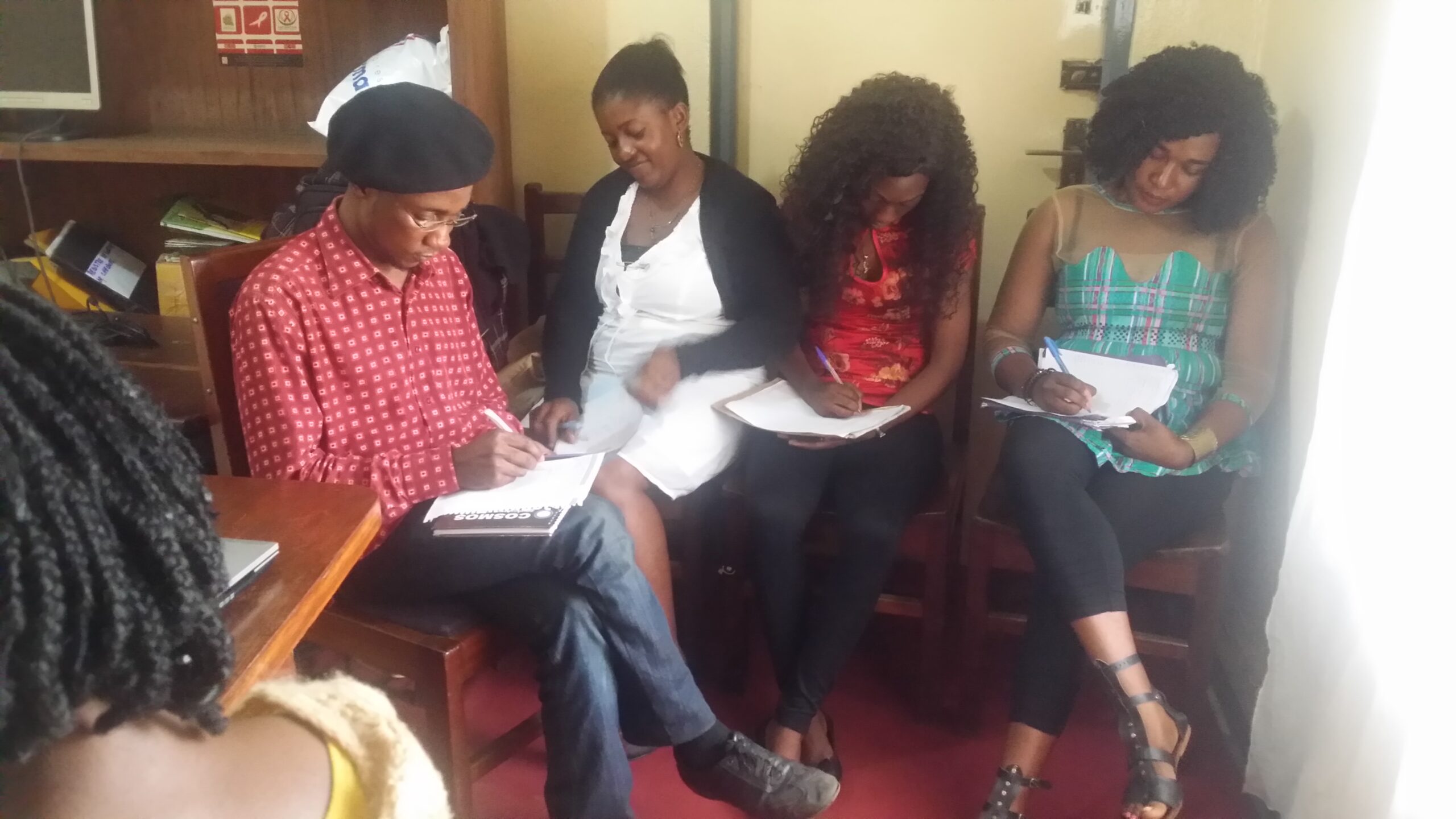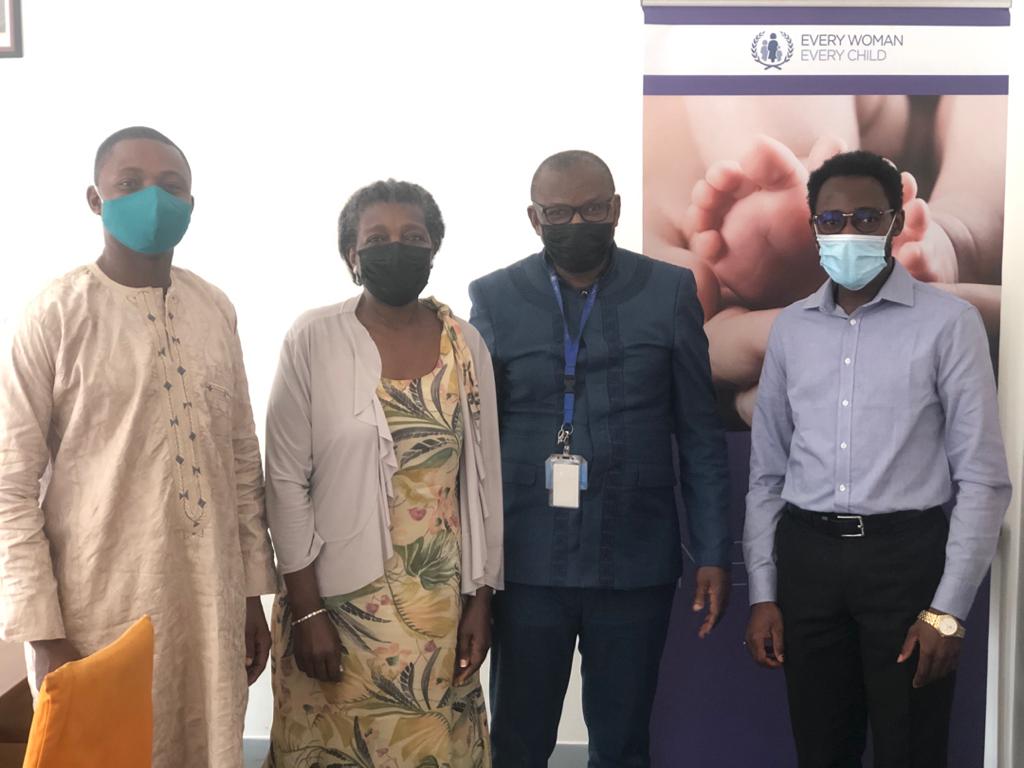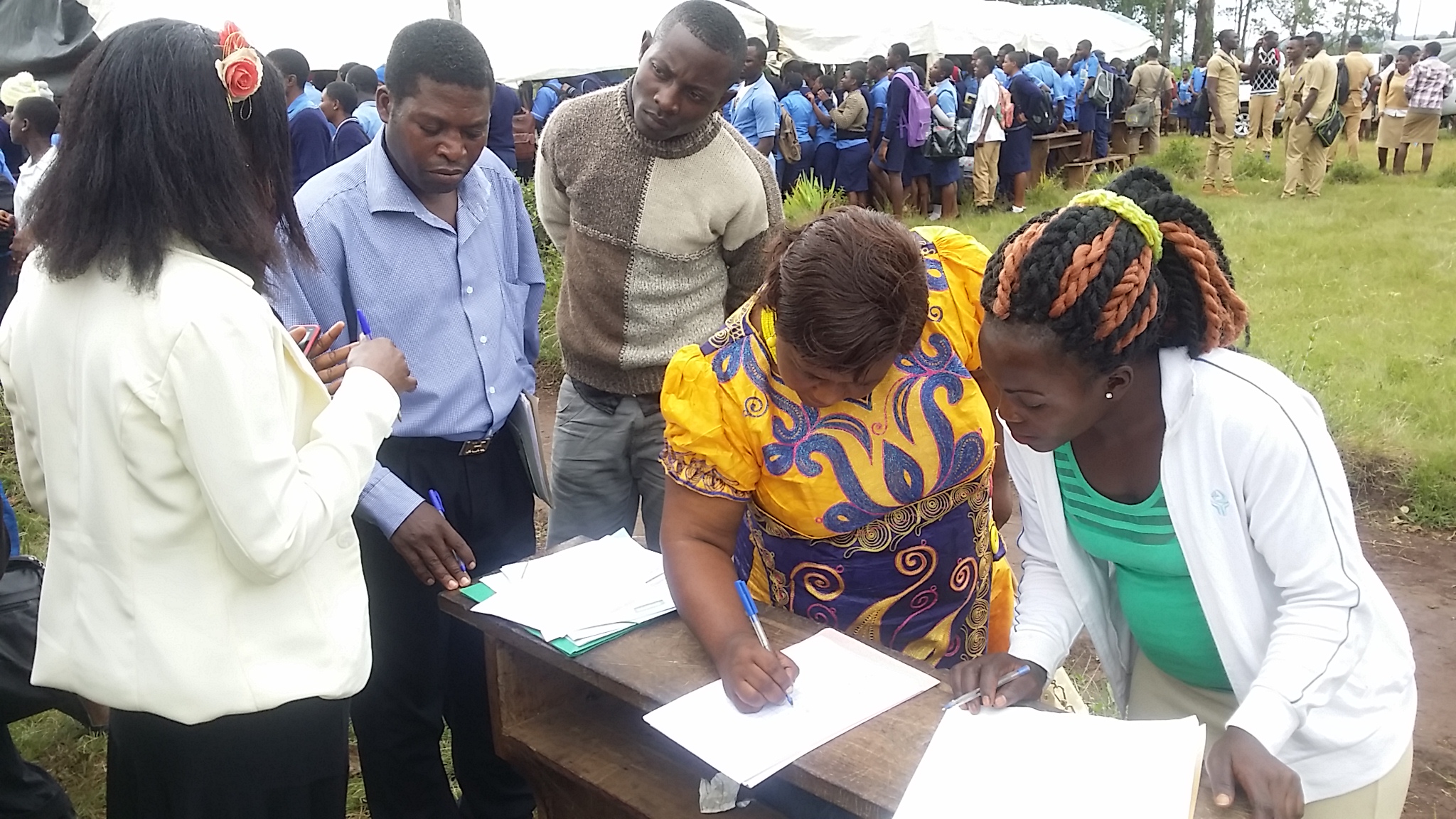We are driven by the philosophy that the best way to enhance an individual’s health and overall well-being is to give them awareness/information.
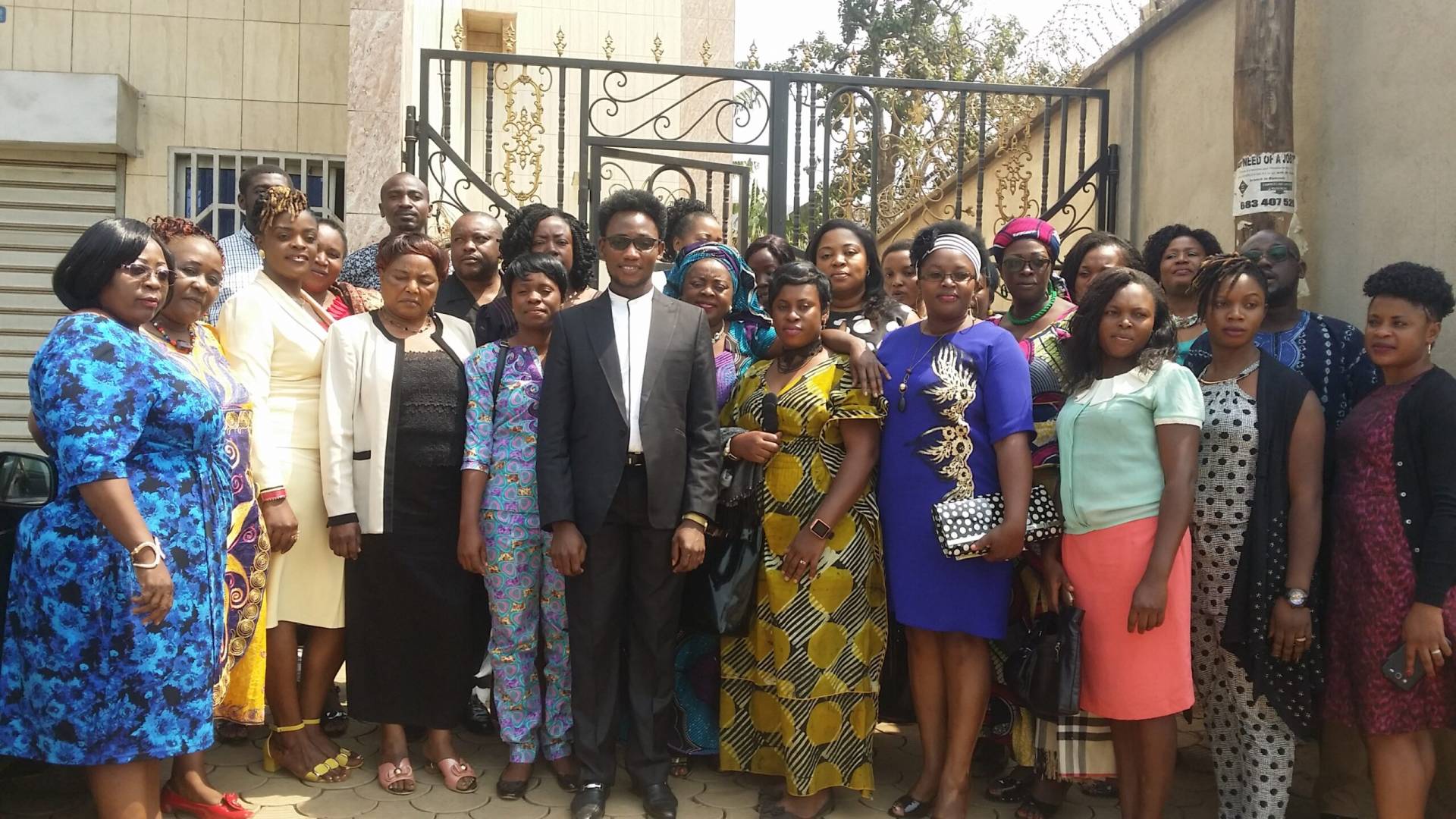
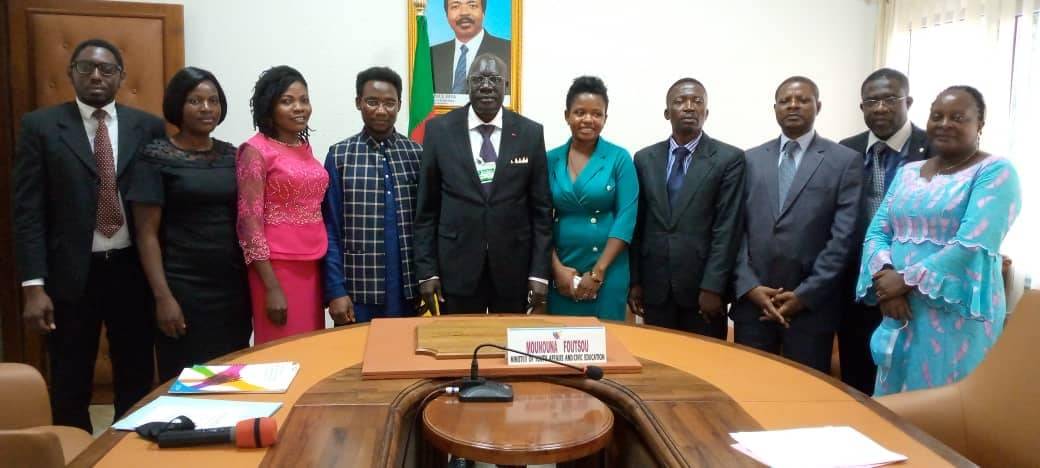
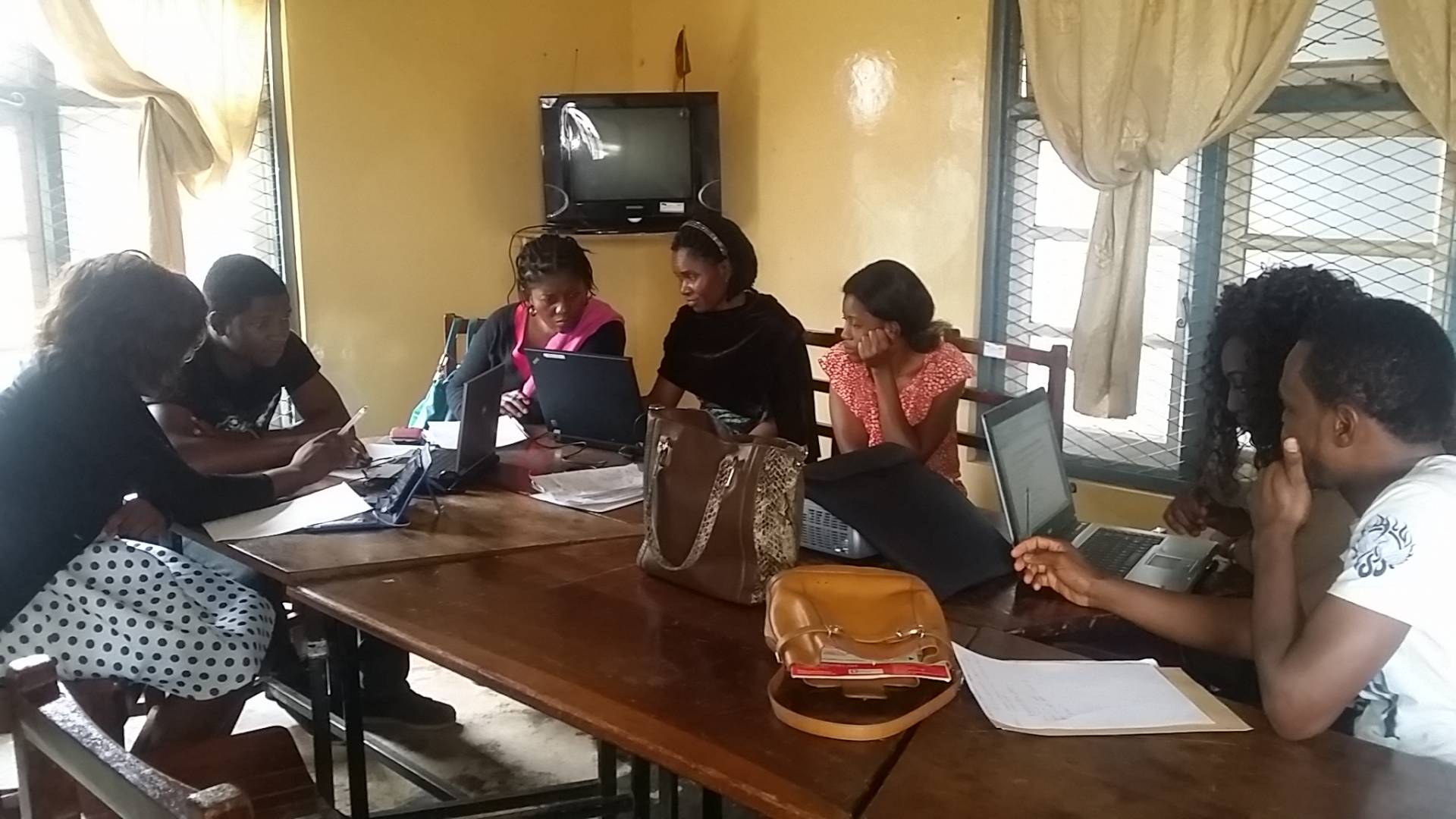
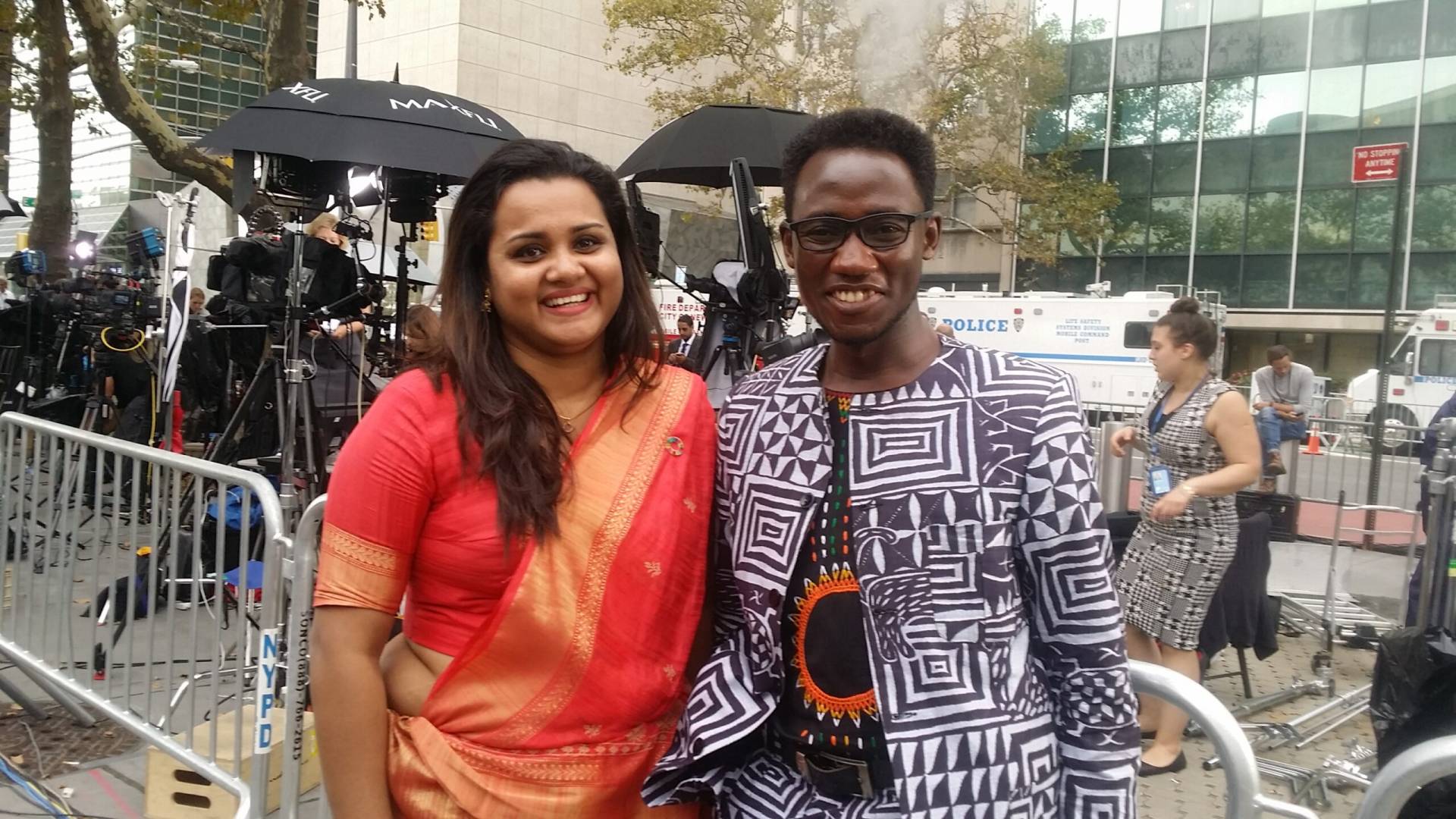
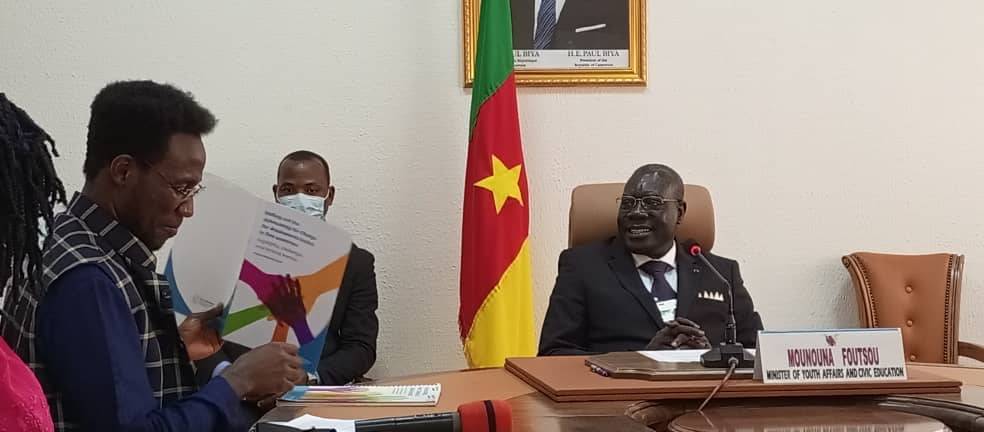
Our advocacy actions stress on meaningful engagement of concerned stakeholders.
We research on activities that promote sustainable development.
We are partners with local, national, regional and global health partnerships to make a strong case for UHC in which quality care, reduction in costs of obtaining health care, improvement in healthcare workforce and primary health care are key priorities.
Developing and disseminating toolkits across target populations enhances our education, advocacy, research and analysis activities.
Focus Areas
As cross-cutting as our interventions can be, two or more of them can be contained within an activity. We contribute to sustainable development through
Sexual and Reproductive Health including Holistic Sexuality Education
We are championing the course for ensuring that every young person in Cameroon even those in the far-flung areas have adequate, sound, age appropriate information about their sexual and reproductive health. This involves our advocacy for school-based holistic sexuality education.
Adolescent Health and Well-being
We work to promote and improve the health and well-being of adolescents through research, advocacy, and knowledge dissemination; to increase adolescents’ access to health and well-being services. These include the five domains of adolescent well-being: good health and optimal nutrition including mental health; connectedness, positive values and contribution to society; safety and a supportive environment; learning, competence, education, skills and employability; and agency and resilience.
Fight against HIV/AIDS
As HIV is a major health challenge in Sub-Sahara Africa, all our activities prioritise increasing essential services for persons living with HIV, primary prevention of HIV and voluntary counselling and testing.
Maternal and New-born Health and Well-being
Our advocacy equally targets the improvement and expansion of essential services reaching nursing mothers, women, new-borns and children as well as strategies to end preventable maternal and new-born mortality.
Latest News
Toolkits development and dissemination
Partner at national, regional and global level to promote Universal Health Coverage (UHC)
Research and Analysis
Education, empowerment and Sensitisation
Gallery
